Vietnam is the country with the 5th largest coconut growing area in the world with nearly 200,000 hectares. Despite possessing great potential, the Vietnamese coconut industry has not yet fully exploited its advantages.
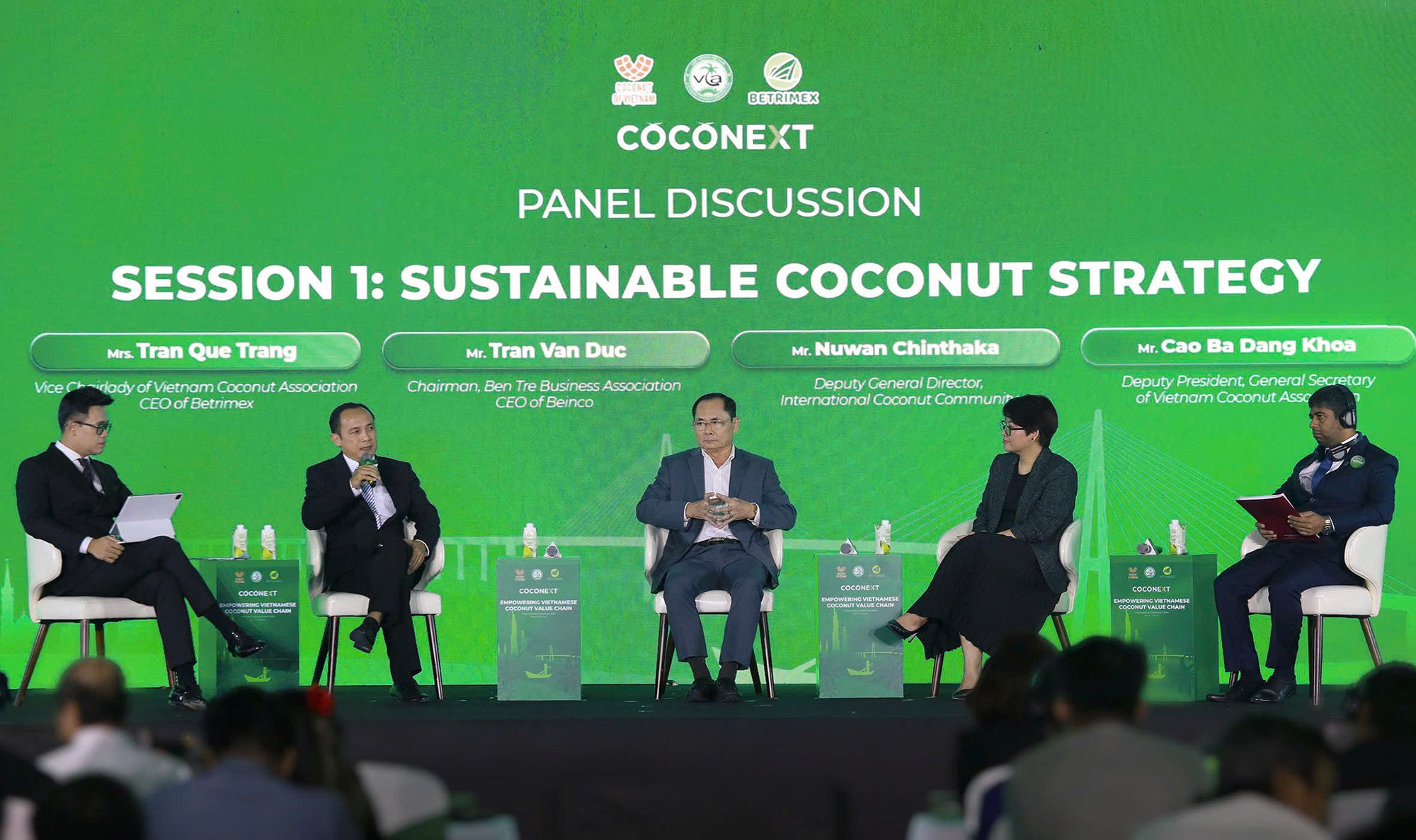
Speakers shared at the discussion on enhancing the value chain of Vietnam's coconut industry - Photo: Organizing Committee
This is the content shared by Ms. Nguyen Thi Kim Thanh, President of the Vietnam Coconut Association, at the workshop "CocoNext 2024: Enhancing the value chain of the Vietnamese coconut industry" on December 12. The event took place in Ben Tre province, organized by the Vietnam Coconut Association in coordination with Ben Tre Import-Export Joint Stock Company (Betrimex).
Finding ways to awaken the potential of the coconut industry
According to Ms. Kim Thanh, in addition to drinking water and eating coconut meat directly, coconut can also be processed into many other products such as coconut oil, coconut milk, cosmetics. The leaves, trunk and coconut shell are raw materials for producing accessories, decorations... Every part of the coconut tree can be used, no part is discarded.
Not only does it have economic value, according to speakers at the event, coconut trees also contribute significantly to the goal of combating climate change. Specifically, one hectare of coconut trees can absorb about 75 tons of CO2 per year.
In the context of Vietnam's commitment to reduce greenhouse gas emissions to zero by 2050, the value of trees is expected to continue to increase in the future through exploiting the potential for selling carbon credits.
However, according to Ms. Kim Thanh, the coconut industry is still limited in exploiting added value, and productivity is not really high. The reason is that processing technology is still weak and the value chain is loosely linked. "
Building a comprehensive, modern and sustainable value chain is the top goal for developing the Vietnamese coconut industry," the chairman of the Vietnam Coconut Association emphasized.
New Era for the Coconut Industry
To ensure the sustainable development of the coconut industry, Mr. Cao Ba Dang Khoa, Deputy Secretary General of the Vietnam Coconut Association, emphasized the need for drastic actions such as building a national brand for the coconut industry. He also recommended that businesses should invest more boldly to improve competitiveness and added value, affirming the position of Vietnamese coconut.
Meanwhile, Ms. Dang Huynh Uc My, Chairwoman of Betrimex Board of Directors, said that with the theme of enhancing the value chain of the Vietnamese coconut industry, the CocoNext 2024 conference marked the initial message for a comprehensive change in the coconut industry, towards the goal of sustainable development.
Ms. My also emphasized the important role of technology and innovation in promoting exports, optimizing value chains, and sustainable development of the entire industry.
Mr. Nuwan Chinthaka - Vice President of the International Coconut Community - highly appreciated the Vietnamese coconut industry. He said that the export value of the coconut industry is increasing rapidly due to the high demand for coconut products in the world. Compared to some countries in the region, the Vietnamese coconut industry is still quite young and has a lot of room for development.
He also suggested that Vietnam develop drought-resistant coconut varieties and apply sustainable harvesting techniques to cope with climate change. Developing farm tours and workshops on making handicrafts from coconuts would also help promote rural tourism and increase economic value. He especially emphasized that Vietnam needs to focus on utilizing coconut by-products.
Speakers at the workshop also said that for the coconut industry to develop sustainably, close coordination between businesses, governments, and research organizations is needed.
According to the speakers, Vietnam's coconut industry is experiencing unprecedented growth with export turnover increasing from 280 million USD in 2010 to 1.64 billion USD in 2023. Vietnam has become the 4th largest exporter of coconut products in the Asia-Pacific region and in the international market.
Coconut trees have been planned as one of six key industrial crops, with a clear development orientation in the project of the Ministry of Agriculture and Rural Development until 2030.
Source: https://tuoitre.vn/cay-dua-chong-bien-doi-khi-hau-nhieu-tiem-nang-ban-tin-chi-carbon-20241212143359219.htm



![[Photo] General Secretary To Lam receives Japanese Ambassador to Vietnam Ito Naoki](https://vstatic.vietnam.vn/vietnam/resource/IMAGE/2025/4/3/3a5d233bc09d4928ac9bfed97674be98)
![[Photo] Special relics at the Vietnam Military History Museum associated with the heroic April 30th](https://vstatic.vietnam.vn/vietnam/resource/IMAGE/2025/4/3/a49d65b17b804e398de42bc2caba8368)

![[Photo] Moment of love: Myanmar people are moved to thank Vietnamese soldiers](https://vstatic.vietnam.vn/vietnam/resource/IMAGE/2025/4/3/9b2e07196eb14aa5aacb1bc9e067ae6f)

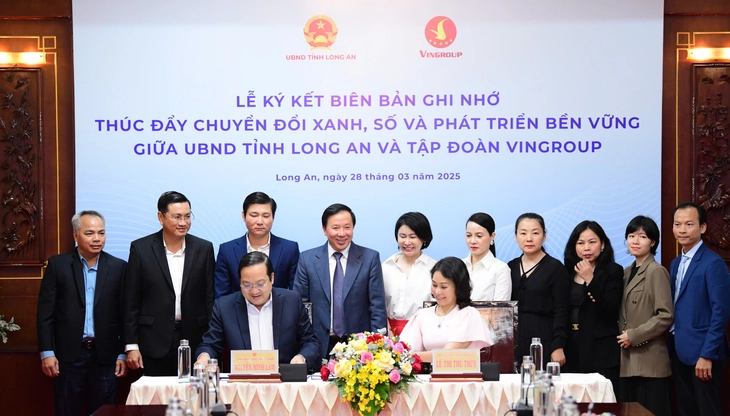
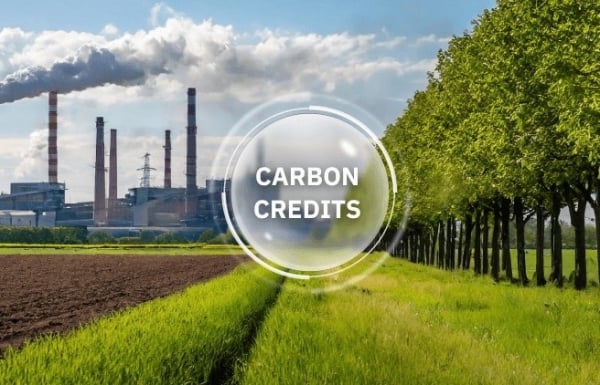

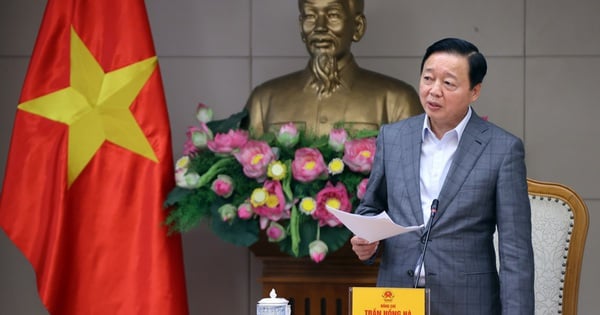

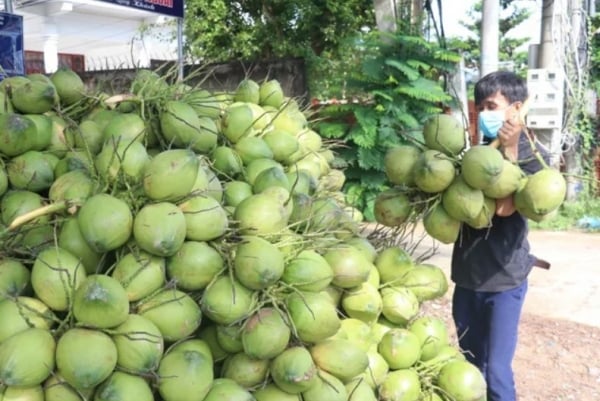
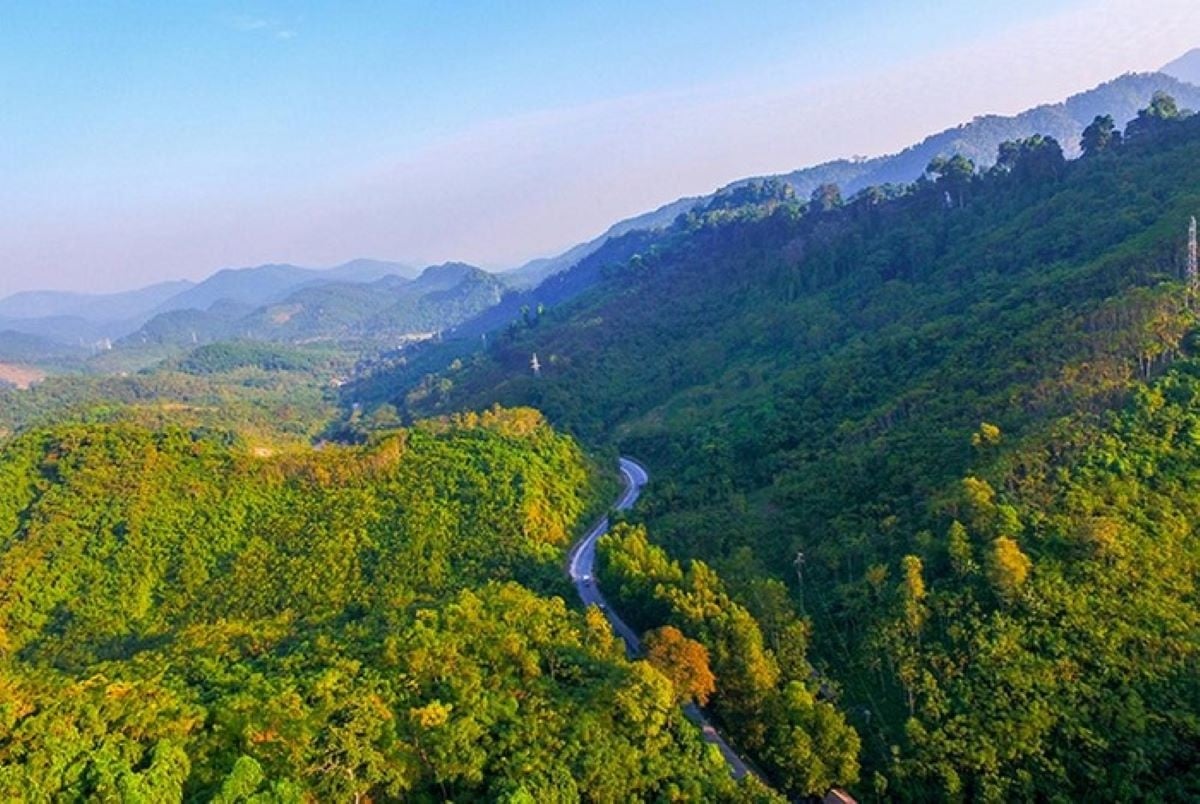




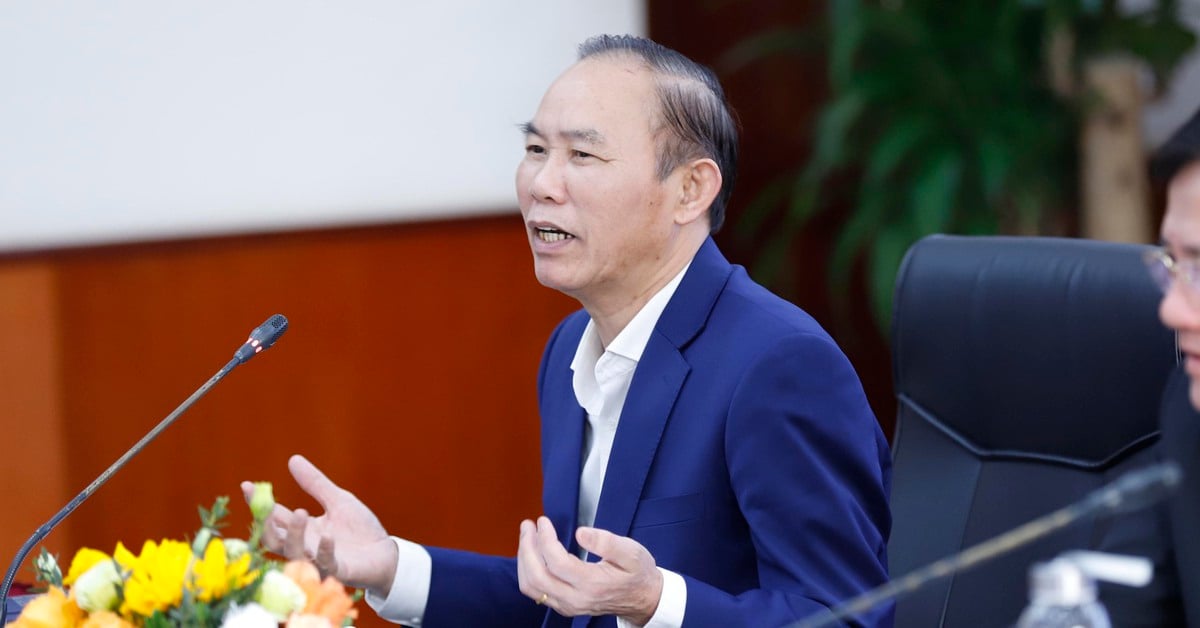

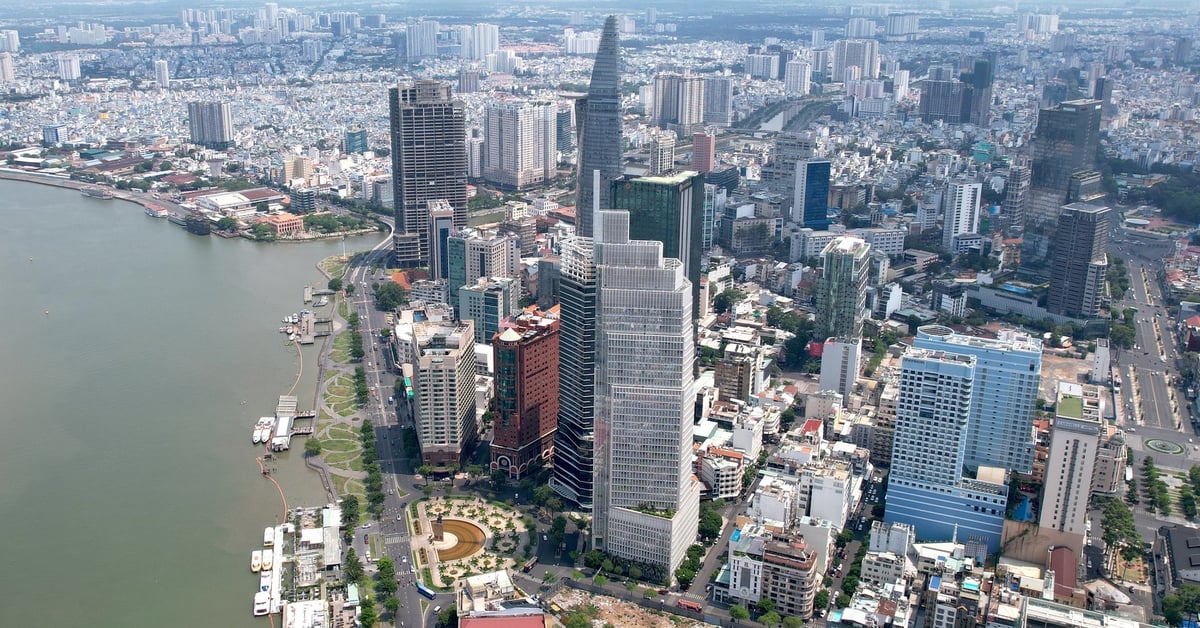
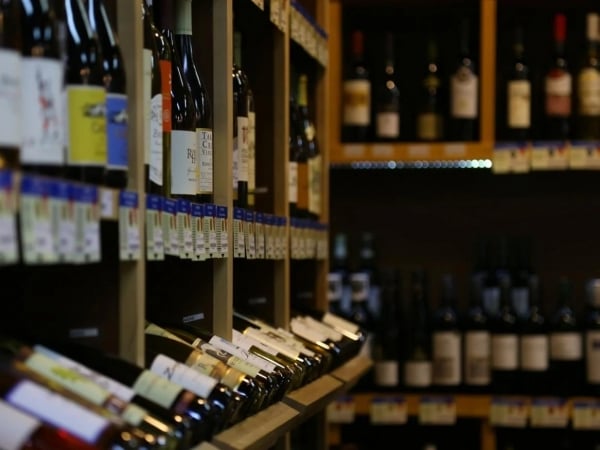
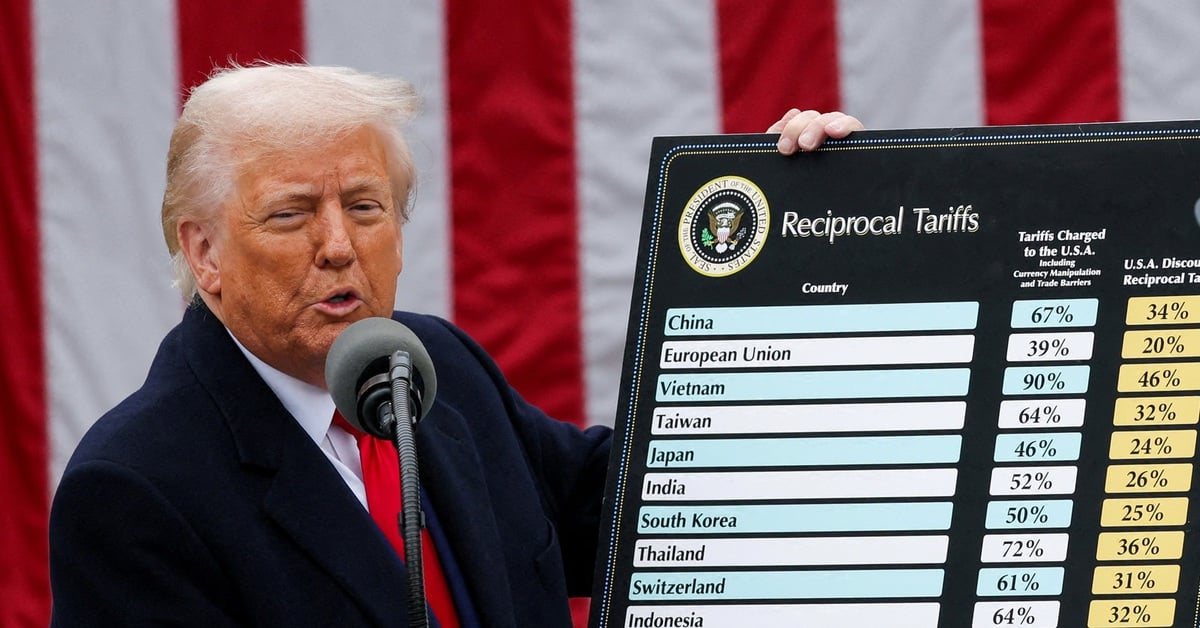









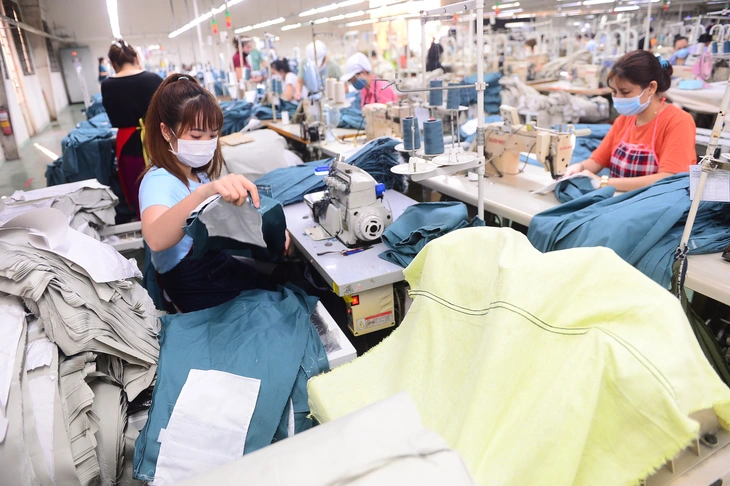



























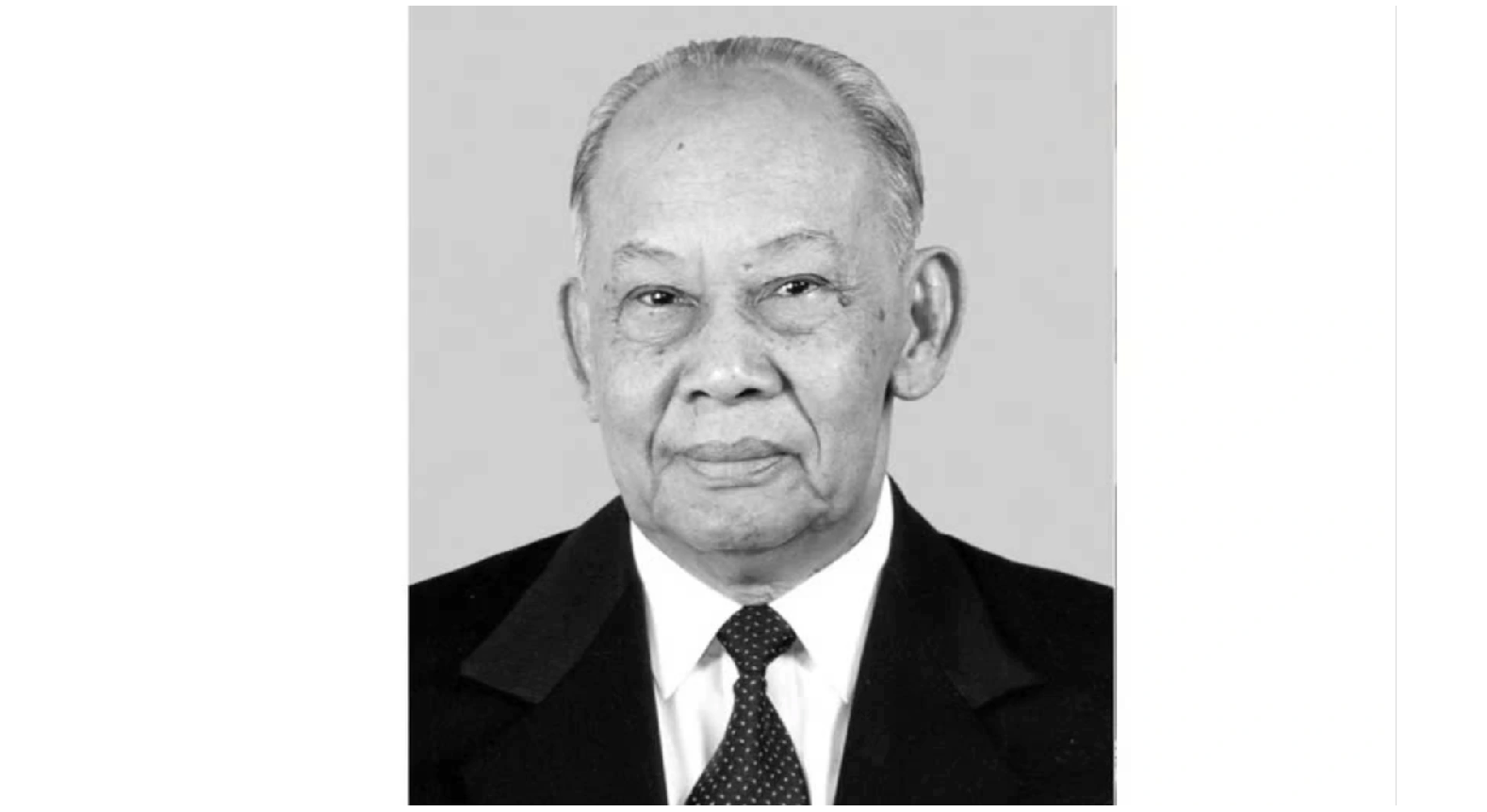
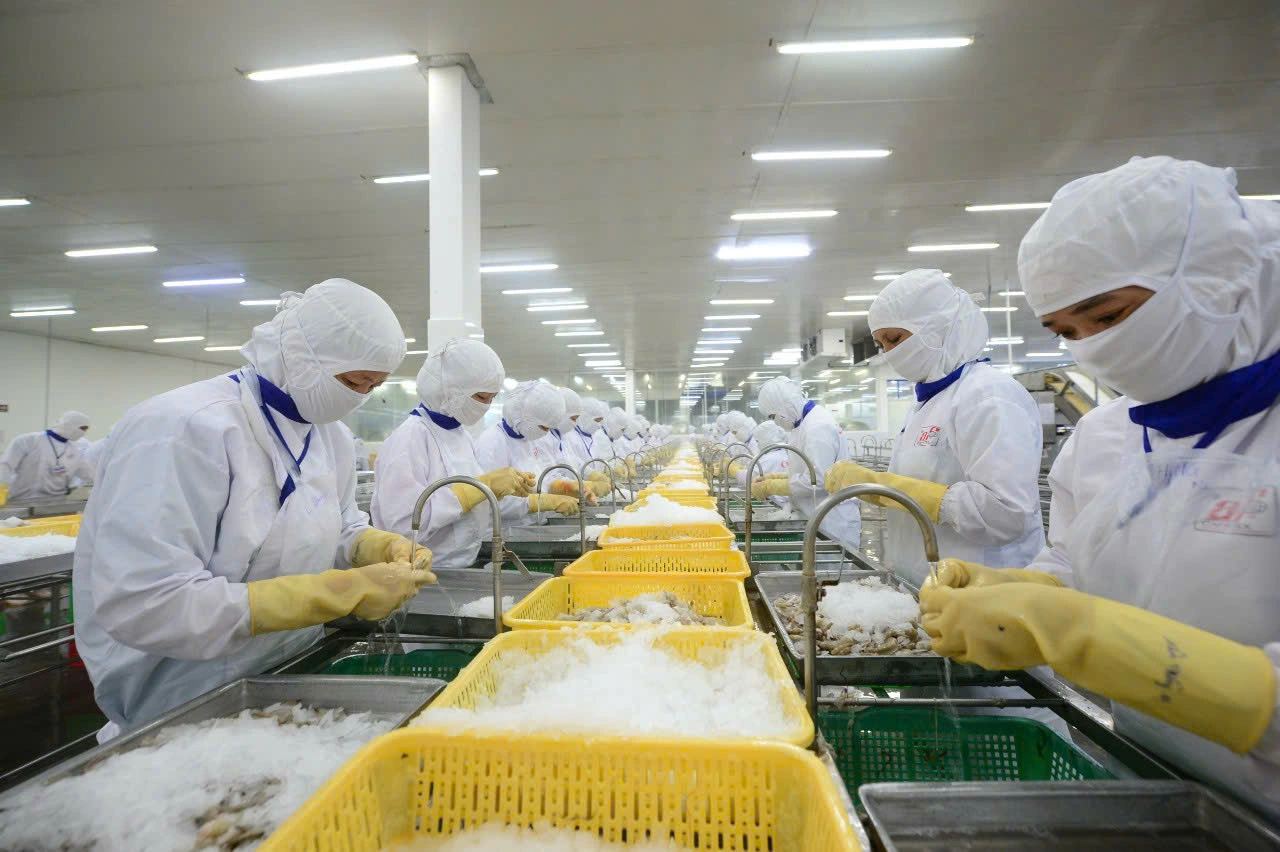


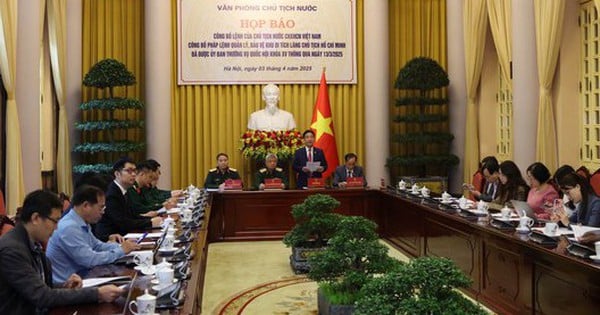




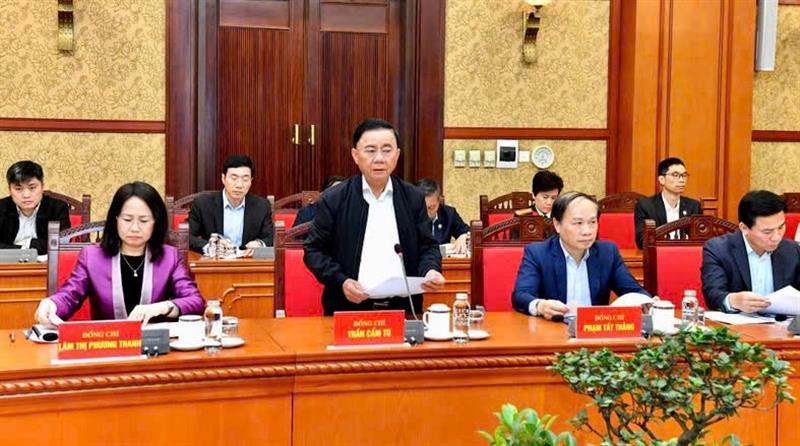


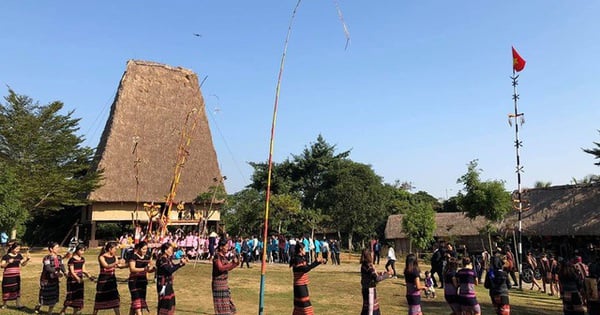
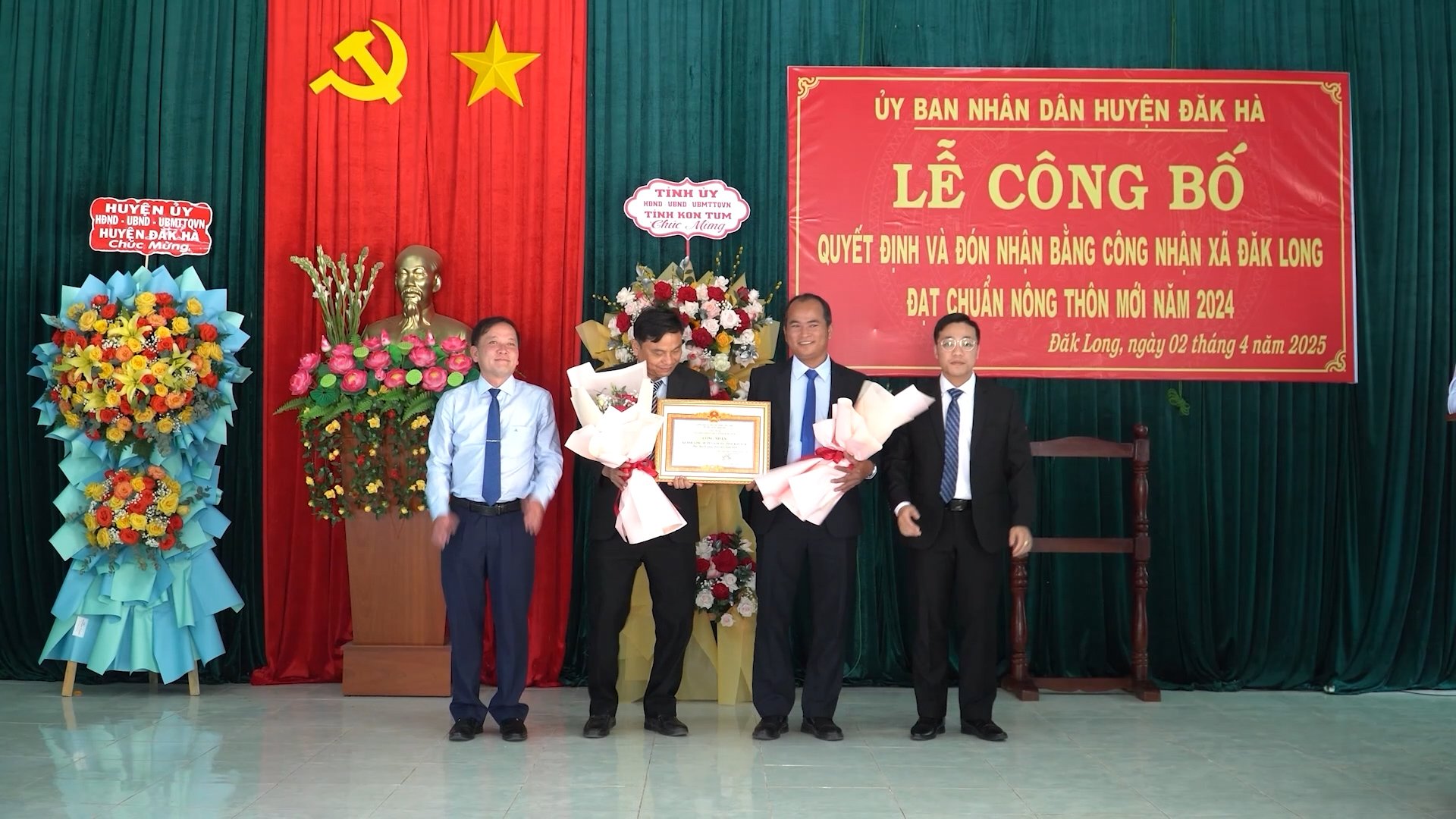



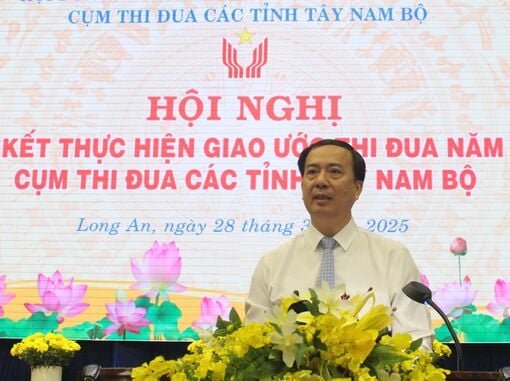














Comment (0)